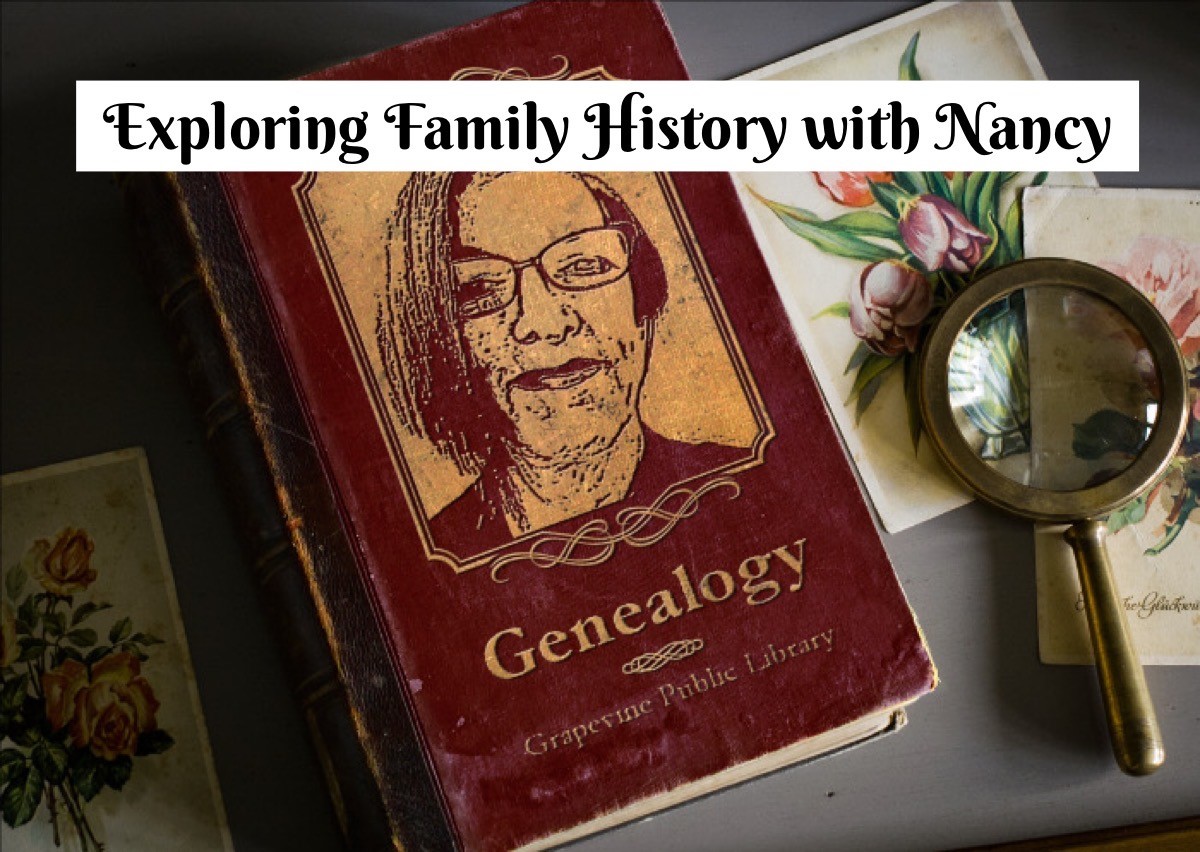History of the Grapevine Scholastic (School) Census, 1901-1970
Genealogists are well-versed in the use of federal census records to identify and document their ancestors, but did you know that school districts also made headcounts of their students? This blog is about the history of scholastic census taking in Grapevine. HISTORY OF THE SCHOLASTIC CENSUS IN TEXAS Scholastic census records document the counting of school age children by counties and districts so the state could apportion funds for their education. The first census of Texas school-age children was mandated by an act passed by the Fifth Texas Legislature, Regular Session, on 31 January 1854. From 1854-1905, annual censuses of school children were conducted in each county by its county tax assessor’s office. The law required that a list of the free white population between the age of six and eighteen years be made each year in every county. The age was lowered to six and sixteen in 1870. In...











Recent Comments